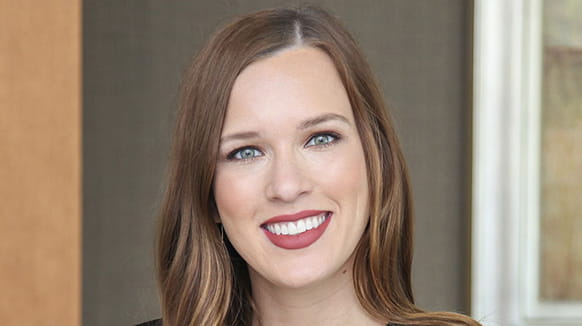Under Section 1135 of the Social Security Act, the Secretary of the U.S. Department of Health & Human Services (“Secretary”) is authorized to waive or modify certain federal regulatory requirements when two prerequisites are met: (1) the President has declared an emergency or disaster under either the Stafford Act or the National Emergencies Act (met on March 13, 2020 when the President declared a nationwide emergency under the Stafford Act), and (2) the Secretary has declared a public health emergency (“PHE”) under Section 310 of the Public Health Service Act (met on January 31, 2020 when the Secretary declared a PHE).
As a result of this authority, the Secretary can issue several types of 1135 waivers, including (i) blanket waivers (broadly applicable to all applicable providers and suppliers without making any request), (ii) provider/supplier individual requested waivers (applicable only upon a specific request that is granted to an individual provider/supplier), and (iii) state-granted waivers for Medicaid and CHIP requirements (applicable only to the state that requests the waiver - as of April 1, 2020, at least 40 states have been granted waivers). Waivers under Section 1135 of the Social Security Act typically end no later than the termination of the emergency period. The 1135 waiver authority applies only to federal requirements and does not apply to state requirements, such as state requirements for licensure or conditions of participation.
Numerous nationwide blanket waivers have been issued so far relating to Medicare, the Emergency Medical Treatment & Labor Act (“EMTALA”), the Physician Self-Referral Law (“Stark Law”), and the Health Insurance Portability and Accountability Act of 1996 (“HIPAA”) requirements. A complete summary of the blanket waivers is available from CMS here. Several of these waivers are discussed in the full article attached below.
Section 1135 Waivers Provide Some Regulatory Flexibility for Healthcare Providers



